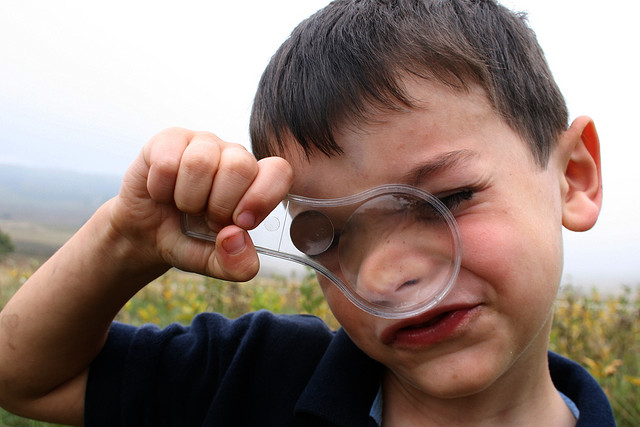 The cold, the runny noses and the seasonal changes can bring to your house a new invasion of bug and pest annoyances that can harm you and your young ones in a devastating manner. We are going to be talking about why mothers hate bugs, but we will talk more on what certain insect facts have been forgotten by us- the vulnerable people- about pests.
The cold, the runny noses and the seasonal changes can bring to your house a new invasion of bug and pest annoyances that can harm you and your young ones in a devastating manner. We are going to be talking about why mothers hate bugs, but we will talk more on what certain insect facts have been forgotten by us- the vulnerable people- about pests.
So come this winter, at the beginning of this year we mention some age old but all important facts about insects and pests that we should know to keep our houses safe and our families kicking. Pesticides, sprays and medicines are well and good but a few facts known beforehand can prepare us infinitely well in dealing with these “home invaders”:
Fear of pests: Although there is no specific term for phobia of pests, Entomophobia can be closely related to it as it referred to fear of insects. One in five people may develop this phobia, while females are more vulnerable to it. As for rodents, the fear of mice is termed as Musophobia.
Abundant arthropods: Insects represent three-fifths of all living species- plants and animals combined. Found in nearly all parts of the world, they are the planet’s most abundance.
Roaches from Bedrock: Cockroaches have lived on this planet for 350 million years.
Glutten mice: In just 6 months, 1 pair of mice can eat up to 4 pounds of food and deposit as many as 18,000 droppings. Rats contaminate and destroy enough food worldwide each year to feed 200 million people.
Roaming rodents: Each year rodents invade more than 21 million American homes.
Extreme survival: Cockroaches are known to have survived extreme conditions including outer space trips and nuclear tests. A common cockroach can hold its breath for 40 minutes.
Disease dangers: Cockroaches may carry 33 types of bacteria, 6 parasitic worms and trigger asthma attacks. 7-8% of general population is allergic to cockroaches. Over 5 million children are sensitive to cockroaches.
Even worse: Houseflies carry and transmit more diseases than any other animal in the world. They’re known for spreading detrimental bacterial diseases, typhoid, cholera, dysentery, pyogenic cocci, and viral diseases such as poliomyelitis, viral hepatitis (A & E) etc.
Frozen Fleas: Fleas can remain frozen for a year and can even survive months without feeding.
Ant Species: There are over 550 different species of ants found in the United States.
Queen-mother of ants: Only queen ant gives birth to entire colony. That’s why pesticides are applied to target the queen; otherwise those ants will never go away.
Kissing bugs: Despite their name, kissing bugs are not romantic. They are parasites that bite and suck blood, just like bed bugs while their human or animal host is sleeping.
Bed bugs: It’s believed that an unmade, messy bed can stop bed bugs from moving, but that’s not true. They only need a dark hiding place to survive and be able to bite humans.
Merchant beetles: A species of beetles called Merchant grain beetles feed on cake mix, cereal, macaroni and cookies rather than grain.
Daddy Long Legs: It is believed that the spider species “Daddy Long Legs” has the world’s most powerful venom, but that’s actually is a myth. They are not even able to bite humans. They feed by scavenging.
Home Intruders: Box elder bugs look for warm shelter during the winter. They end up moving inside houses, causing trouble to people living there.
Author Bio:
Zyana Morris is a blogger who usually writes about health related topics. She also writes for different health related brands.
Photo Credit: Flickr via Creative Commons
Does your child enjoy learning about bugs? What is your child’s favorite bug?
Comments
3 responses to “Preschool – Fun Facts About Pests and Home Invaders”
I was so glad I never got things like lice or bed bugs as a kid – yuck. I did though once have an ant nest in my bed lol … that was horrible.
Thanks for sharing these info!
We get lady bugs. A LOT of ladybugs when the weather turns warm. I used to think they were cute until they started arriving in hoardes to our home every year. -_-